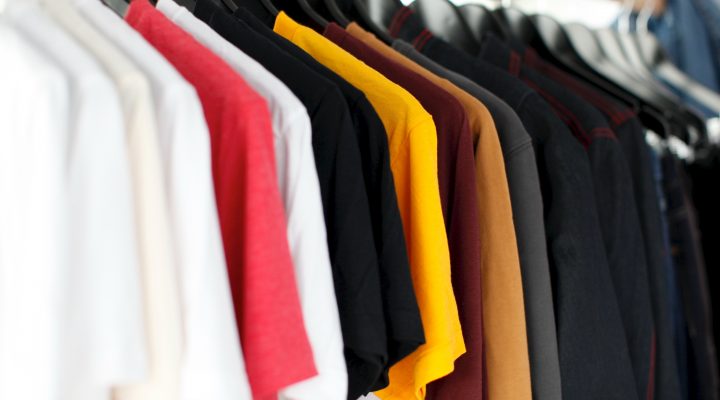Fast fashion is big business, but it’s big business that is facing trouble.
Inspired by catwalk trends, fast fashion is the mass production of clothing quickly at low costs to cater to the mainstream customer. However, by producing products in this way, sustainability is often compromised.
Textile disposal creates a huge amount of landfill, as well as the production of fast fashion releasing toxic chemicals that causes environmental harm. Not only that, some of the cheap materials used to create this clothing release plastic fibres when washed.

It is of no doubt that the fashion industry faces environmental issues when it comes to the production of their goods. British designer Burberry faced huge criticism in 2017 after it burned £28.6 million worth of unused products.
According to a recent report by the Environment Audit Committee (EAC), some major retailers are still not complying with sustainability standards and are failing to reduce their carbon, water and waste footprints that are caused by the production of goods.
Selina Ho, Founder of fashion sustainability brand Recloseted, believes sustainability in the fashion industry is the most important thing to focus on at this time: “I recently read a phrase that put it all into perspective for me: ‘There is no Planet B.’ And it’s true. Earth and mother nature are all we have – that’s why sustainability is so imperative in today’s world.”
“I find that our clothing choices and the impact it has on the environment aren’t discussed as frequently and awareness is quite low, so many consumers don’t know what to do when it comes to ethical clothing consumption,” Selina explains.
Recloseted focuses on informing, educating and motivating consumers to make better clothing choices. It is also a marketing consulting service, that dedicates itself to growing ethical clothing brands.
“I recently read a phrase that put it all into perspective for me: ‘There is no Planet B.’ And it’s true. Earth and mother nature are all we have – that’s why sustainability is so imperative in today’s world.”
Lily Fulop, who runs the Instagram account @mindful_mending, is positive that big retailers are only interested in the profits they can make: “Of course, companies don’t have consciences – their goal is to make clothing cheaply in order to make the most money, and create endless trends to keep demand high,” Lily says. “If they’re smart, though, they’ll change their practices. Consumers are starting to take notice and demand accountability.”
However, Selina disagrees. She thinks everyone needs to do their bit, and through engagement and awareness, this can be done: “It’s not just big brands that need to do more, we all do. We all need to take responsibility to do better and be better. Consumers need to educate themselves and commit to supporting brands they can 100% stand behind,” she says.
The report by the EAC insisted that leading retailers must be the ones to lead change, with the final report by the committee being released in the next upcoming weeks.
Time will tell what is next for fast fashion, as this next report outlines to the government what further steps need to be taken to keep fashion sustainable.
Featured photo by Parker Burchfield via Unsplash.

